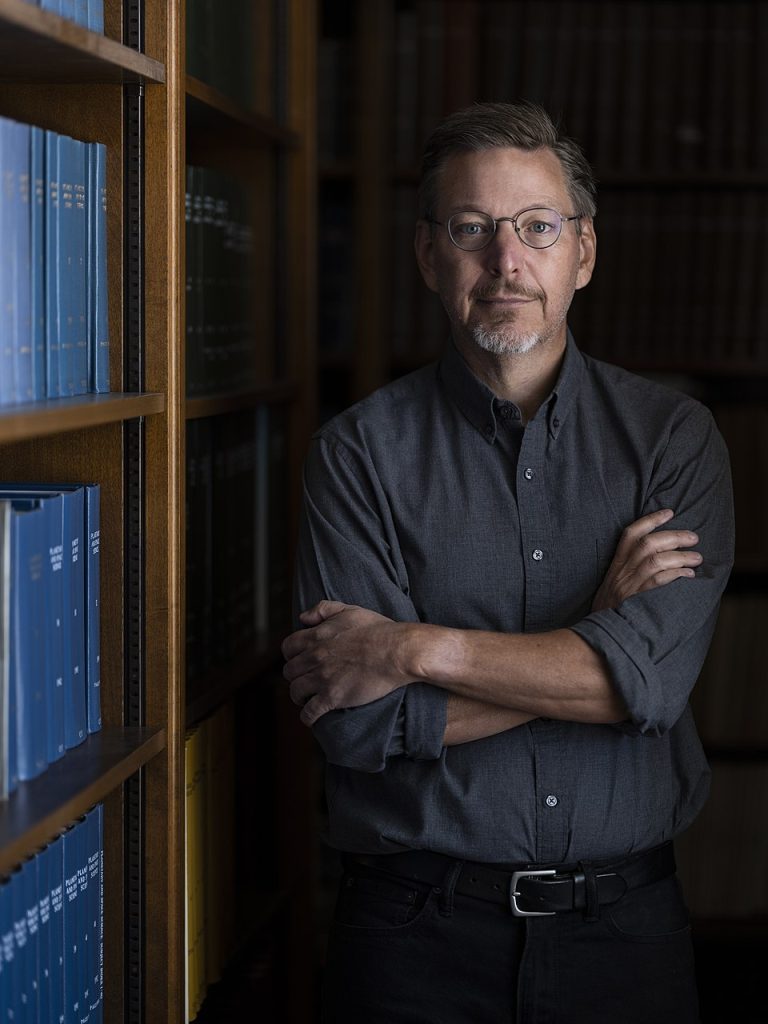The Federation of Astronomical Societies is delighted to announce two online events covering these topics.
The Search For Planet 9
Date: Saturday, October 25 starting at 5pm UTC. (6pm BST)
Main speaker – Mike Brown
Professor of planetary astronomy at the California Institute of Technology

Back in 1930, Pluto was discovered by Clyde Tombaugh and it became the solar system’s 9th planet.
However in 2005, Mike Brown led a team that discovered the similarly-sized Eris. With this and several other objects discovered out beyond Neptune, the question was raised as to whether some of these should also be recognised as planets.
The result was a vote at the 2006 General Assembly of the International Astronomical Union on a definition of a planet. This led to Pluto being re-designated as a Dwarf Planet, bringing the solar system down to 8 planets.
In January 2016, Brown and fellow Caltech astronomer, Konstantin Batygin, proposed the existence of Planet Nine as a major planet between the size of Earth and Neptune.
Having led the teams responsible for the discoveries of so many distant objects, including Eris, Haumea, Makemake and Quaoar, plus others that should be regarded as Dwarf Planets, such as Sedna, Orcus, Gonggong, Mani and Salacia, no-one can deny that Mike Brown is the most appropriate person to cover the subject of the search for Planet 9.
We are therefore delighted to have him as a speaker on this subject. As Mike is based in California, a start time of 5pm UTC will be 9am PDT for him.
Jerry Stone will give an introductory presentation of about 20 minutes. This will cover the ancient views of the night sky, with the naked-eye planets, then the discoveries of Uranus, Neptune and Pluto, before moving on to briefly mention recent discoveries and the IAU’s actions to deal with the increasing number of objects being found.
Mike will then bring us up to date with the possibility of Planet 9.
You may like to submit questions in advance by writing to Jerry at meetings@fedastro.org.uk by 18 October, so that they can be sorted and collated.
New Horizons and the Exploration of Pluto
Date: Saturday, 15 November starting at 5pm UTC.
Main speaker – Alan Stern
Principal investigator of the New Horizons mission to Pluto

Between 1979 and 1989, a rare planetary alignment allowed the Voyager missions to visit the outer planets Jupiter, Saturn, Uranus and Neptune, but not Pluto.
In 1989, Alan Stern was a member of a team that suggested a spaceflight to Pluto. This became the New Horizons mission, which was launched in January 2006, and took 9½ years to reach its distant target.
The flyby through the Pluto system with its five moons completely transformed our knowledge of Pluto, with staggeringly detailed views.
Alan was the Principal Investigator for New Horizons, and is therefore the best person to speak about this unique mission of space exploration, including its results to date as well as its ongoing plans.
We are therefore delighted for him to be our main speaker for our second event. Alan is based in the US, so the start time of 5pm UTC will be 11am MST for him.
After Alan’s talk on the New Horizon’s mission, Jerry Stone will give a presentation of about 20 minutes. He will look in detail at the IAU’s official definition of a planet, and as a result give a definitive answer to the question of Pluto’s status.
You may like to submit questions in advance by writing to Jerry at meetings@fedastro.org.uk by November 13, so that they can be sorted and collated.
Places for each event can be booked online at just £3 for members of Federation of Astronomical Societies and £6 for the public. A code has been sent to all FAS societies so please contact yours if they haven’t sent it on.
To book your ticket(s) please go to https://www.eventbrite.com/cc/fas-webinars-on-pluto-and-dwarf-planets-4646773
